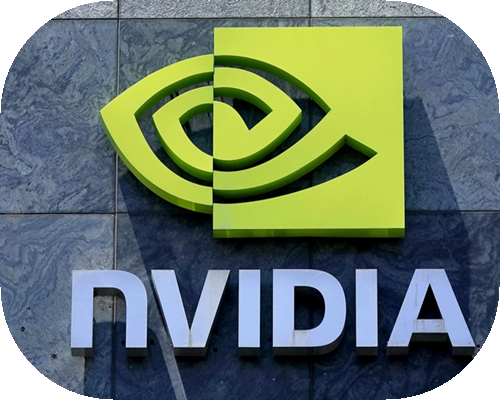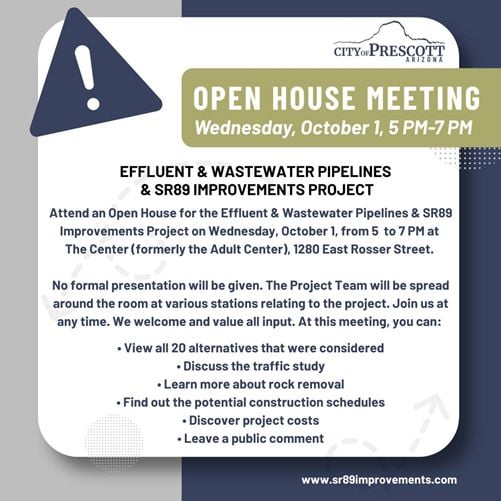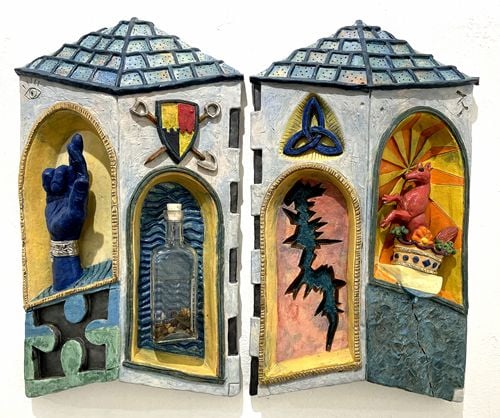Battery based electric vehicles are the future, the increased use in vehicles, scooters, bikes, and other formats has made them a great option for mobility. As they have become more popular, the fire services across the nation has seen an increase in fire incidents associated with these vehicles and charging systems. The Prescott Fire Department has also seen an increase in the number of these fires due to the proliferation of electric vehicles including electric bikes and scooters. Damage or unstable Lithium-Ion batteries and improper charging, storage or disposal can cause the batteries to overheat, leading to explosive, aggressive fires. These fires can spread rapidly, and with the larger capacity battery application, they can be challenging to extinguish. There are warnings on battery-operated vehicles purchases, operation, and charging. These are mainly focused on the buyer and do not always transfer from owner to owner.
Here are some tips and safety precautions when handling Lithium-Ion Batteries:
1) Use appropriate batteries as recommended by the manufacturer. Only purchase and use devices that have a reputable testing agency mark such as U.L.
2) Always plug chargers into a wall outlet and avoid multi-plugs, extension cords and power strips.
3) Always store batteries and powerpacks in open spaces. Avoid storage in places such as under beds or couches and never near anything flammable.
4) Keep battery packs and devices at room temperature and away from any heat sources such as heaters or direct sunlight.
5) Use only the supplied charger from the manufacturer and follow instructions from the manufacturer on charging the device.
6) Check the charging cord and adapter with the battery requirements.
6) Never leave a device or battery charging unattended.
7) Dispose of batteries safely. Do not place Lithium-Ion batteries in trash or recycling bins. Contact local battery retailers to collect and recycle batteries.
Additional information on Lithium-Ion batteries safety can be found at; the National Fire Protection Association website; https://www.nfpa.org/-/media/Files/Public-Education/Resources/Safety-tip-sheets/LithiumIonBatterySafety.ashx
How useful was this article ?
Click on a star to rate it!
Average rating 0 / 5. Vote count: 0
No votes so far! Be the first to rate this post.
We are sorry that this post was not too useful for you!
Let us improve this post!
Tell us how we can improve this post?















